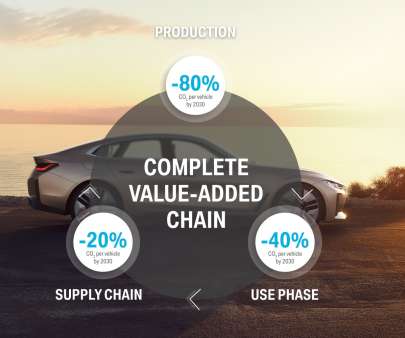European automakers and fuel suppliers argue for diesel as they call on policy makers to accelerate fleet renewal
Green Car Congress
JULY 8, 2015
Diesel cars, having significantly lower CO 2 emissions per kilometer, are essential to manufacturers’ efforts to reach the EU’s 2021 CO 2 fleet average targets and thereby help reduce road transport CO 2 emissions and mitigate climate change.


















Let's personalize your content